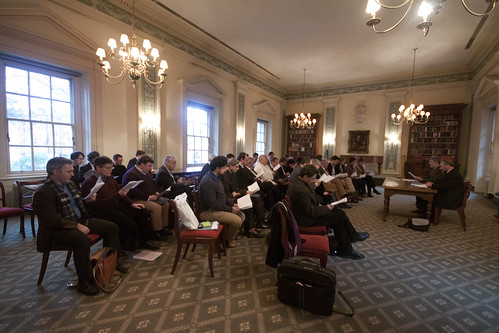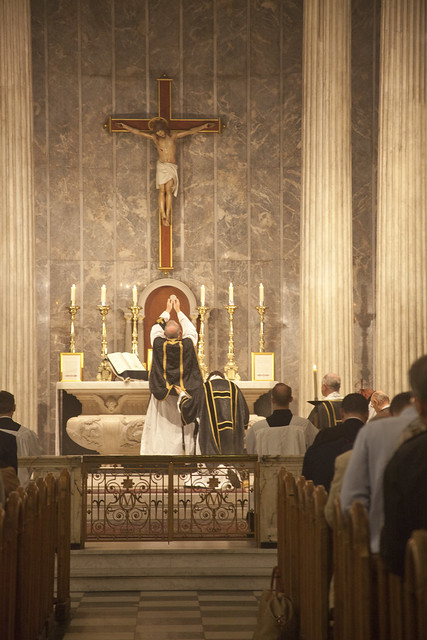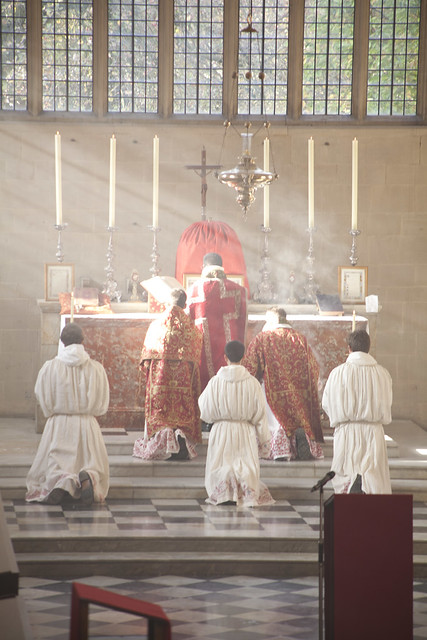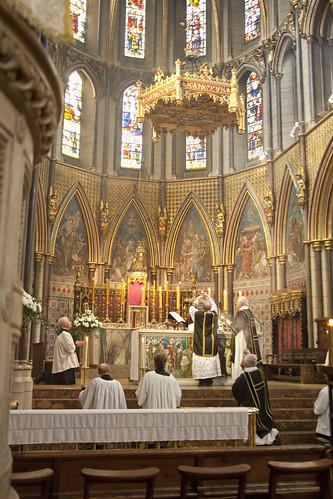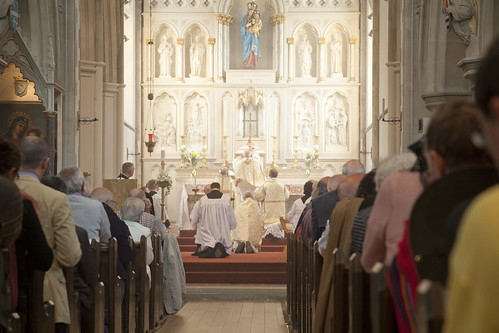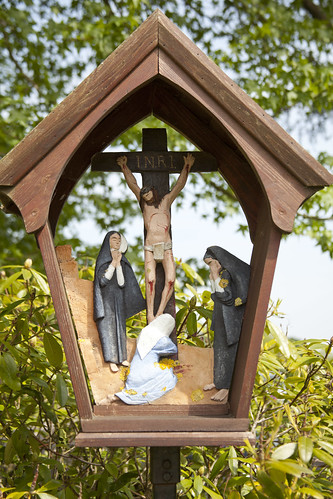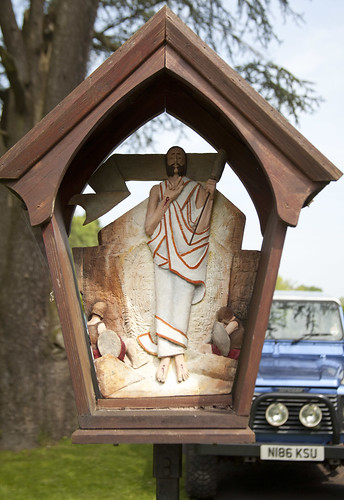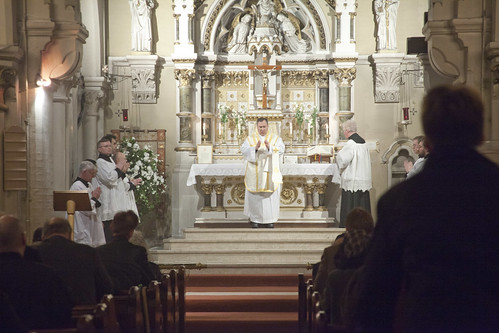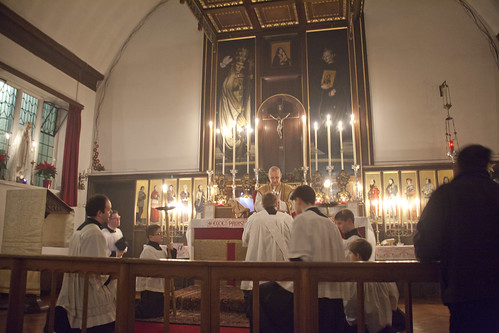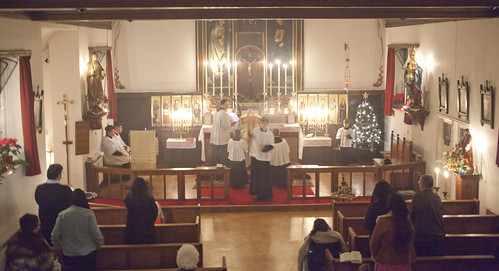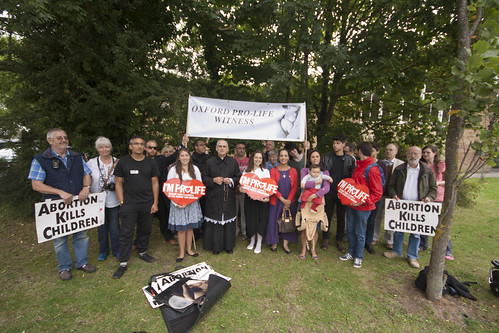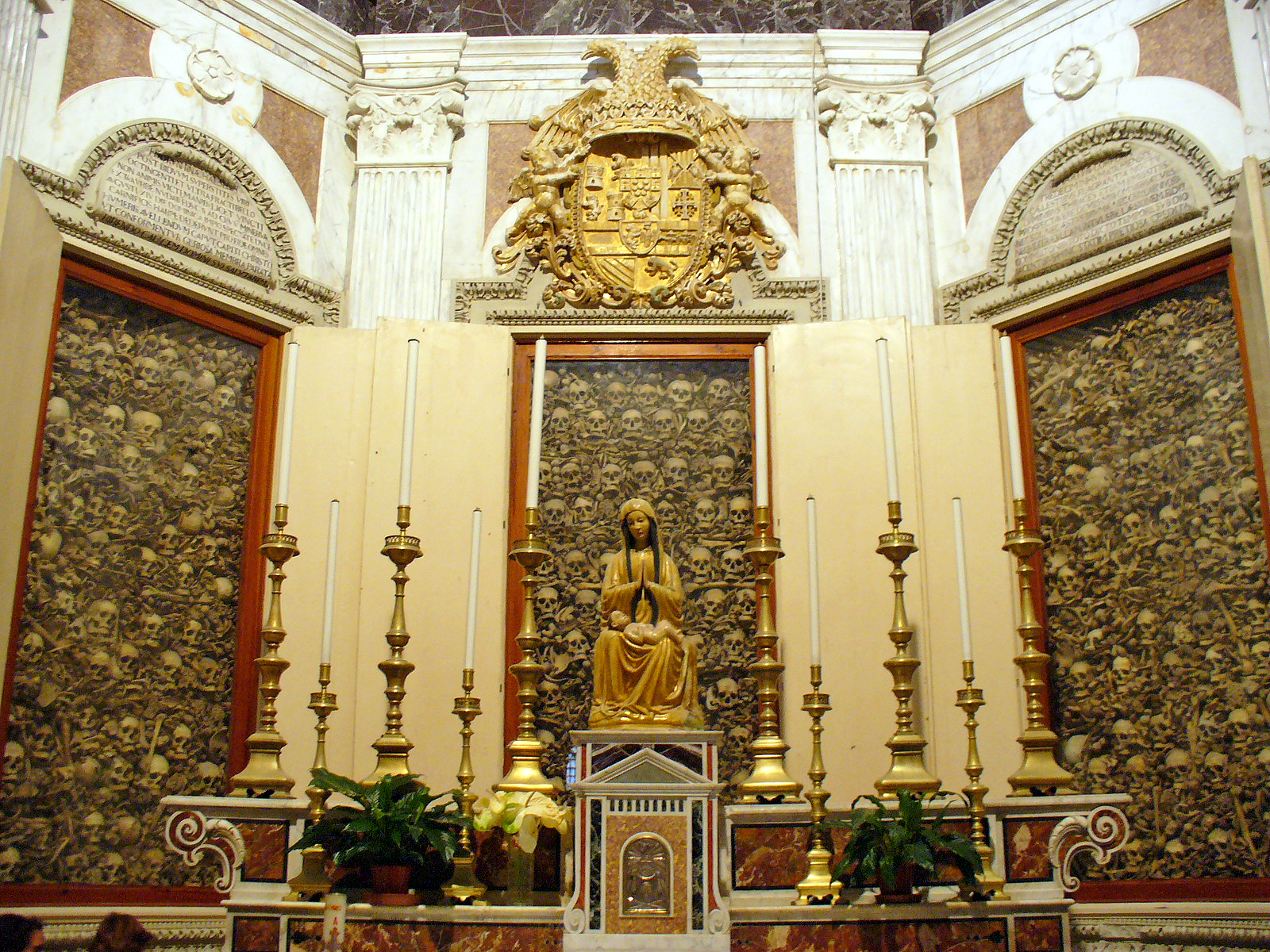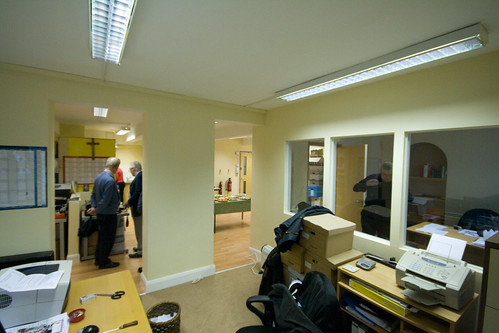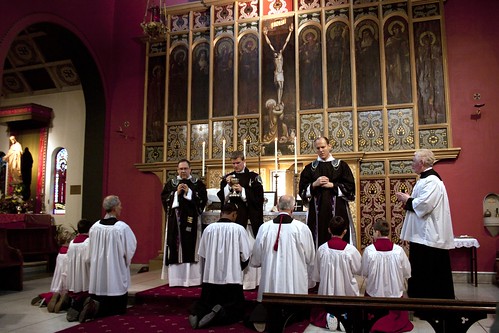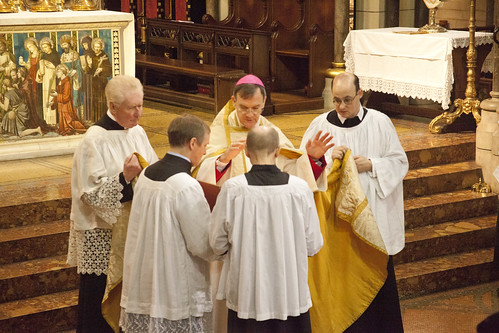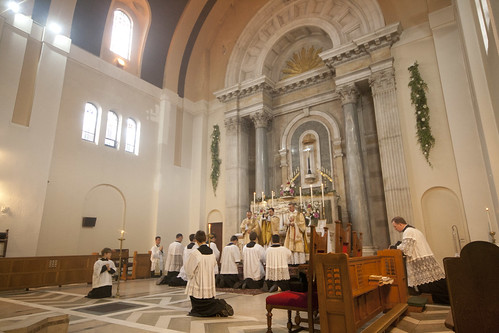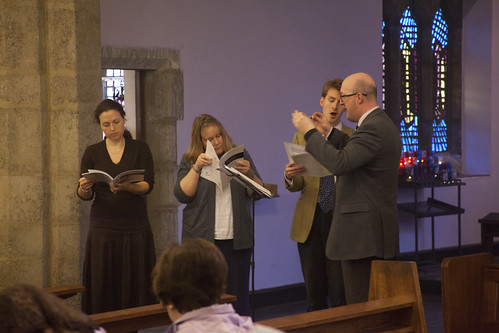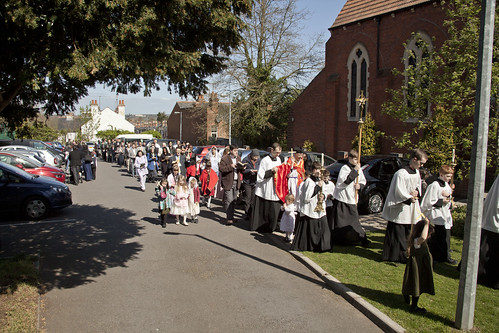I confess that, as I read the background to the appalling massacre in Paris at the offices of the magazine
Charlie Hebdo, I am inclined to agree with
Bill Donohue (and
Laurence England) in condemning both the killings and the unspeakable images which provoked it. Mohammed, and other religious figures living and dead of a range of religions, depicted, for example, in sexual poses. It is visual hate speech. It is an assault on the deepest values of millions of French citizens. And it has got nothing to do with argument, criticism, or the truth. It is mindless, bestial, even demonic. (Fr Ray Blake, who also takes this line, has put some anti-Catholic examples on
his blog.)
The difficulty of pointing this out is the terrible crimes of the fanatics which responded to it. Cristina Odone said on Twitter that Donohue says the cartoonists were 'asking for it': a typical Twitter summary, which seemed to follow the click-bait headlines and not the content, as anyone who bothers to read him will realise.
In fact there is no logical problem in condemning both the terrorists and the cartoons; nor does such a double condemnation imply a moral equivalence. The victims were innocent, in the sense that the killers had no right to kill them: a right one might derive from self-defence, or the right of a public executioner or a soldier of a legitimate state in a war. They may have thought they had a right, the Koran might be understood to give them a right, but that is false: they had no right, and what they did was murder. Premeditated murder like this is a sin crying out to heaven for vengeance.
The Paris and other protesters, however, are not calling for vengeance, not even for the vengeance of heaven or the retributive punishment of the state. They are expressing solidarity with the staff of Charlie Hebdo and insisting on the right to continue to be as offensive as the magazine has been, in the future. The want to be able to continue with the most vile hate-speech against religious groups with impunity. They want to continue to be unjust, to cause pain, wantonly, as much as they please, against those they happen to dislike: religious believers. They have no such right. Most countries recognise this. Most countries would long ago have reined in Charlie Hebdo. Most countries, including this one, are right.
Of course we should be free to criticise Islam, and the call by some Muslims that criticism, in itself, should be forbidden, is chilling. The kinds of images Charlie Hebdo displayed, however, are not criticism, they are just vulgar abuse. They undermine the efforts of those who do want to engage in criticism, and they are in danger of pushing the law, in countries such as the UK, further and further in the direction of making any kind of criticism impossible. If the only test of what is acceptable is the reaction of the victim, then there is no distinction to be made between images of religious figures having unnatural sex and a sober analysis of a religious text's references to sex slaves. There is a difference: the former is an offence, not just against the artificially sensitive egos of professional complainants, but against any recognisable standard of taste and any reasonable principle of mutual respect, and the latter is not.
A lot of people are threatened and killed in the name of Islam. A bit of open analysis and criticism of Islam might serve a good purpose. The kind of vilification that
Charlie Hebdo dished out, is pretty obviously going to make things worse. And so it has.
Postscipt: what does the Church teach about the freedom of the press? Pius IX:
'that erroneous opinion, ... called by Our Predecessor, Gregory XVI, an "insanity," viz., ... that a right resides in the citizens to an absolute liberty, which should be restrained by no authority whether ecclesiastical or civil, whereby they may be able openly and publicly to manifest and declare any of their ideas whatever, either by word of mouth, by the press, or in any other way.'
(Quanta cura 1864)
